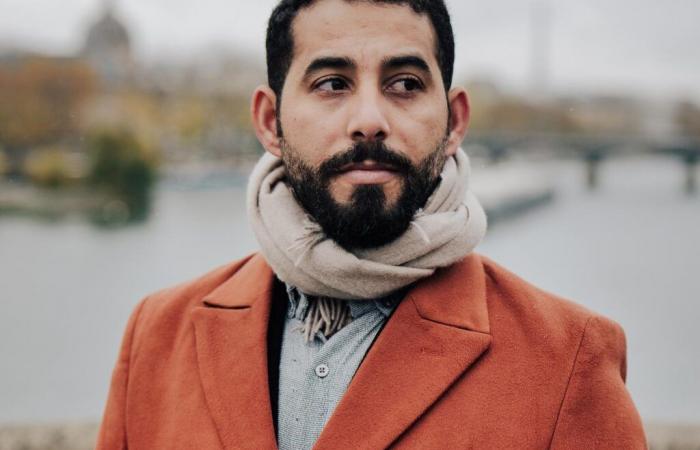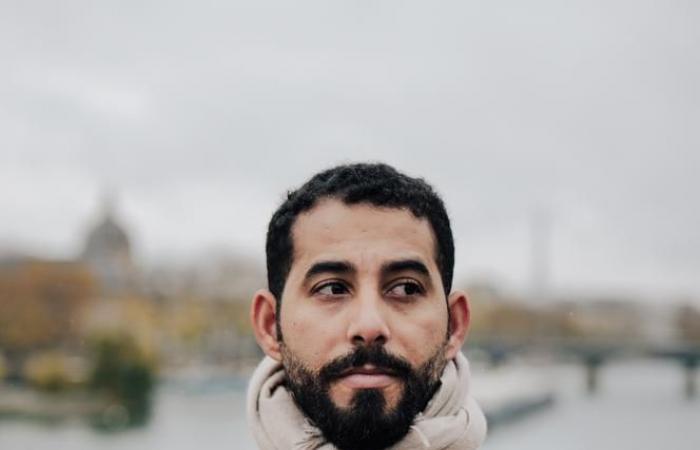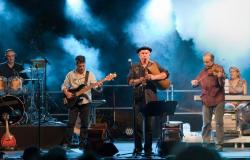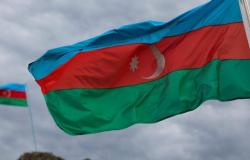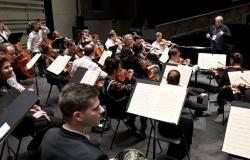He speaks quickly, as if time is running out, and has a mixture of anger, energy and sadness in his voice. The day we reach him by phone, in early November, Mosab Abu Toha is in San Francisco, on tour to promote Forest of Noise (Knopf editions, not translated), his latest collection of poems, which has just been published in English. A few days later, he went to France to talk about the precedent, What you’ll find hidden in my ear (Julliard, translated from English by Eve de Dampierre-Noiray).
Read also | Article reserved for our subscribers “What you will find hidden in my ear”, by Mosab Abu Toha, and “Life under the bombardments”, by Ibrahim Khashan: being Gazan
Read later
Published in 2022 in the United States, this collection of poetic reports immerses us, with words that stand out even more than the images that reach us today, into his daily life in Gaza. These texts were written before the Hamas massacres, on October 7, 2023, and the bloody response of the Israeli army on its territory and on its own, but in the long litany of warlike events which have marked its existence, regardless , Ultimately. The violence that Mosab Abu Toha describes has been in his heart and in his flesh since his birth, thirty-two years ago, in the Al-Shati refugee camp, in the north of the Gaza Strip.
« Obviously this trip will be my first time in Paris. I am Palestinian! Until I was 27, I couldn’t leave my country.” he explains. He applied for and received a Schengen visa last month while attending a poetry festival in Greece. When asked how he is, his response bursts out: “ Better than my family members who remained in Gaza. » In November 2023, the writer took the path of exile with his wife and their three children. They now live in the United States, not far from the campus of Syracuse University, in New York State, from which Mosab Abu Toha graduated in 2023 and where he teaches today.
English, its sesame
For several months, it has been in the pages of New Yorker an irregular chronicle of his existence. He has also written articles in the New York Times and the Washington Post. But the poetic words deserted him. “I can’t find the time, he saidand then all my work at the moment is in English. Since the Western media are not doing their job [rendu très difficile par la situation matérielle sur place ainsi que par les limitations imposées par Israël pour accéder au terrain]I became a reporter. I read the news in Arabic, translate them and post them on social networks… It’s a bit as if Anne Frank, instead of writing her diary from her hiding place in Amsterdam, had posted her daily life on Facebook. My compatriots are losing their lives, but also their past, their present and their future, and if I don’t do something to ensure that their stories are seen, people will not know what is happening. »
You have 50.79% of this article left to read. The rest is reserved for subscribers.

